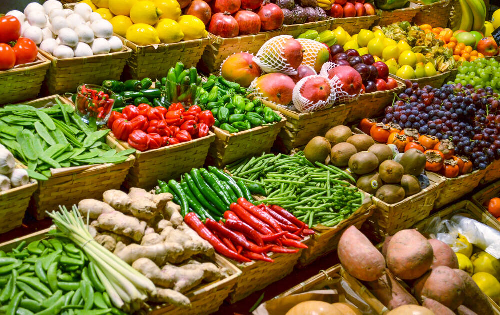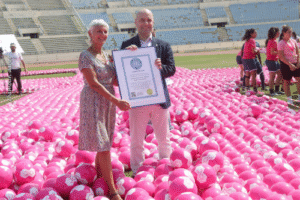In a landmark move toward ending food waste and combating hunger, France has become the first country in the world to legally require supermarkets to donate unsold food to charities and food banks.
Under the pioneering law, supermarkets larger than 400 square meters must donate edible, unsold food to approved charities rather than throwing it away or destroying it. The legislation, first introduced in 2016, has since become a global model for food justice and sustainability.
Before this law, tons of edible food—including bread, dairy, canned goods, and fresh produce—were discarded daily by retail chains. Now, this food is collected and distributed to organizations that feed the homeless, low-income families, and refugees.
Retailers who fail to comply face hefty fines, and the law also encourages the formation of partnerships between supermarkets and non-profits, creating a system that benefits both the planet and people in need.
Since its introduction, the French model has inspired similar efforts in countries like Italy, Canada, and South Korea, all seeking to curb the over 1.3 billion tons of food wasted globally each year.
- Strong government backing
- Collaboration with charitable organizations
- Incentives for eco-conscious business practices
French MP Guillaume Garot, who spearheaded the law, said:
“It’s scandalous to see bleach poured on edible food just to prevent it from being taken. With this law, we’re turning waste into nourishment and responsibility into action.”
Charity workers report that the law has led to a 40% increase in food donations, helping serve millions of meals annually to those in need.
France’s bold policy shows that ending food waste isn’t just possible—it’s actionable and impactful. By turning trash into treasure, the country is proving that feeding the hungry and protecting the planet can go hand in hand.







